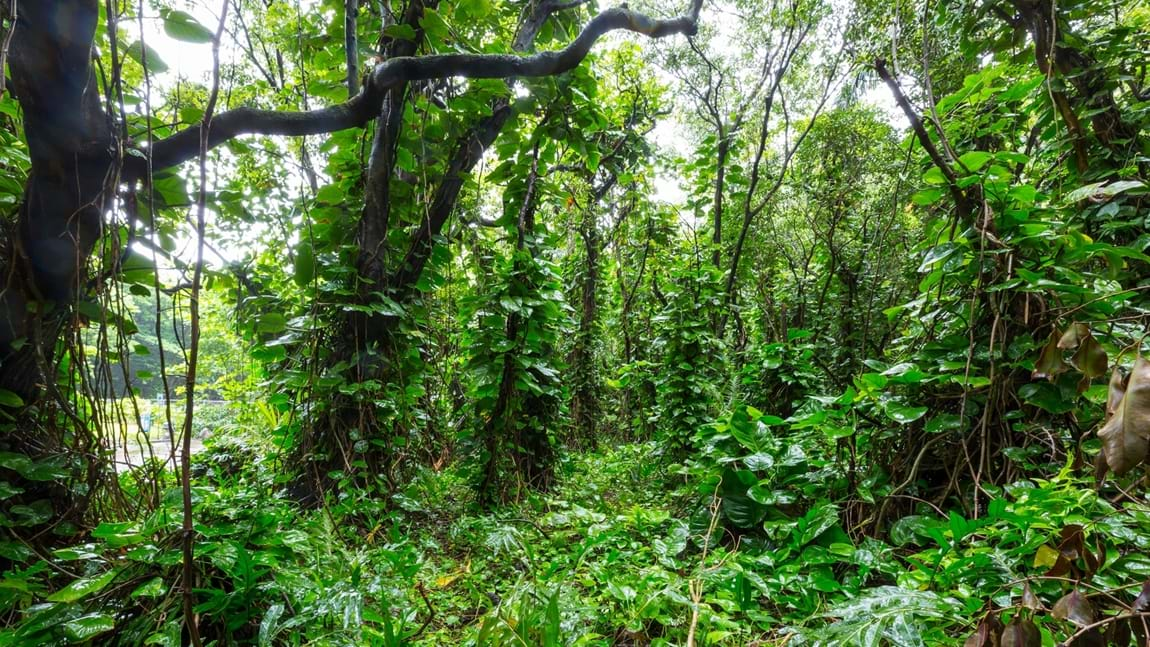The law of the jungle threatens to rule international trade
On 10 December, the terms of two of the remaining three judges in the WTO’s Appellate Body will end. Unless the US ceases its blockage of the appointment of new judges at the last minute, the world will be left with no means of settling international trade disputes. The EU is among those ready to take advantage of the lawlessness, blogs Peter Bay Kirkegaard, the Confederation of Danish Industry.
Under normal circumstances, the World Trade Organisation’s Appellate Body is supposed to have seven members, but since Obama’s presidency, the US has blocked the appointment of new judges.
Given that a minimum of three judges are needed on each case, when the terms of two of the three remaining judges end on 11 December, the court will no longer be able to function.
Disputes will remain in limbo
The WTO’s Appellate Body settles trade disputes big and small between the WTO’s 164 member states.
The EU has, for example, filed a case against Indonesia, because the country has imposed export restrictions on the raw materials used to produce steel.
Similarly, Japan, backed by the EU and US, has filed a case against India due to increased tariffs on a number of electronic goods.
And several countries have filed cases against the US due to the various types of punitive tariffs that Donald Trump has imposed on foreign goods.
In all these disputes – and many more – it will remain unclear whether the country is in fact entitled to do what it is doing.
US intends to shut down court
Since Obama’s presidency, the US has refused to appoint new judges, citing concerns about judges interpreting WTO rules in ways that go beyond what member countries have agreed upon. In addition, the US has pointed to a number of processual issues, including the Appellate Body’s missing of deadlines for rulings and judges being permitted to sit for longer than the terms agreed.
What’s the fuss, one might ask? Isn’t it just a few minor issues that need tweaking in order for the court to be up and running again?
Yes, under normal circumstances it would probably be possible to find an amicable solution to the issue. But the state of things is not normal, and the US seems set on shutting down the WTO’s Appellate Body - perhaps not forever, but at least for a while.
In the mean time, any country will be able to interpret international trade rules however they see fit. This will not necessarily go unpunished, however, because other countries will be able to retaliate with their own measures. But smaller countries in particular will find themselves squeezed, because they will have difficulty doing anything on their own about trade barriers imposed by bigger countries.
EU working on green border tax
And it’s probably not only the US that will take advantage of this. The EU is working on a green border tax on imported goods. The idea is to compensate for the bigger carbon footprint that results from producing a good outside of the EU compared to producing it within the EU, where companies are subject to stricter environmental regulations and emission quotas.
The EU Commission has long believed, and probably correctly, that such a green carbon tax would not comply with international trade rules. But the political winds are shifting. And now that there may no longer be any supreme court for international trade, there is no risk of being overruled.
The EU’s new trade commissioner has therefore been tasked with the creation of a proposal for such a green border tax. If it were applied to all goods, the EU would immediately face severe countermeasures from its major trade partners - the US, China and India.
To begin with, the tax would likely target cement - both because its production is energy-intensive, but also because the EU’s quite limited import of cement mainly comes from its neighbouring countries.
The green carbon tax would therefore first impact the EU’s bordering regions, i.e. Eastern Europe and the Mediterranean region, where countries do not have many ways to retaliate against the EU.
If the EU, which otherwise plays by the rules, is prepared to do this – we can only imagine what other countries might do.
Stay up to date
Receive DI Business News – our weekly newsletter in English with relevant business news, political analyses, key indicators and invitations to events, courses and business-related networks.


